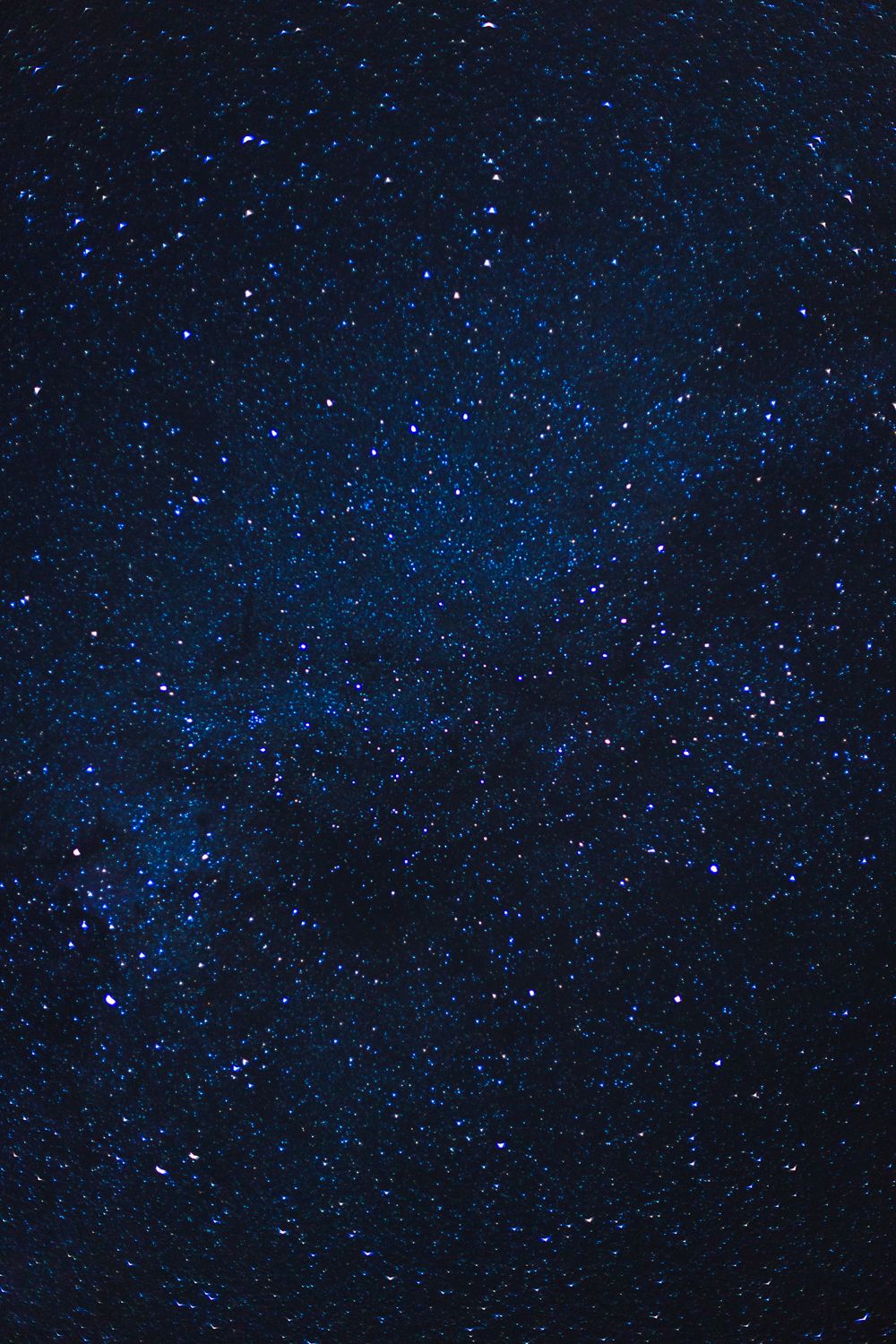Scientists have issued a warning that the Nightsky may lose its twinkling stars within the next 20 years due to escalating light pollution. British astronomer Martin Rees highlighted the rapid deterioration of light pollution conditions, particularly since 2016 when one-third of humanity could no longer observe the Milky Way.
The surge in the use of light-emitting diodes (LEDs) and other forms of lighting is a major contributor to the brightening of the night sky. Rees expressed concern over the potential loss of the night sky as part of the human environment, emphasizing the deprivation it would bring if future generations were unable to witness the stars, just as the absence of songbirds would leave one feeling impoverished.
Christopher Kyba from the German Centre for Geosciences supported Rees’ claims, noting that a child born in an area where 250 stars are currently visible at night would witness only 100 stars by the time they turn 18. The once-common experience of gazing upon a glittering cosmic expanse has become increasingly rare, accessible only to the wealthiest and the most economically disadvantaged. For the majority, the sight of a starry sky has become a distant memory.
Kyba proposed that modifying lighting practices could significantly mitigate the problem. Strategies such as shielding outdoor lights to direct illumination downward, reducing light intensity, and using blue-white light with red and orange components could make a substantial difference. Implementing these measures would yield a profound impact on preserving the natural night sky.
The implications of light pollution extend beyond the aesthetic realm. Sea turtles and migratory birds, guided by the moon, become disoriented by artificial lights, disrupting their natural behaviors. Additionally, extended hours of artificial illumination offer cover for criminal activities and pose various risks to human safety.
The urgency to address light pollution is clear. Efforts to preserve the beauty and ecological balance of the night sky require a collective commitment. By embracing responsible lighting practices and prioritizing the conservation of darkness, we can ensure that future generations are not deprived of the awe-inspiring experience of gazing upon a star-filled sky.


